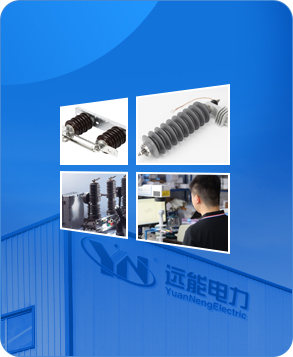Basic Information of Insulators
The power system is composed of subsystems in various aspects such as power generation, transformation, transmission, distribution and electricity consumption. As a special insulation control, insulators are widely used in three aspects of power transformation, transmission, and distribution, and play an important role in the power system. Many power projects at this stage, such as the construction and transformation of urban and rural power grids, west-to-east power transmission projects, electrified railway construction projects, and the launch of the ultra-high voltage product market not only provide a broad market space for the development of the insulator industry, but also have an impact on industry products. The market has put forward new requirements, which has promoted the adjustment of the market structure of insulator products and the research and development of new technologies.
- What is an insulator?
Insulator is an electrical component used to isolate electrical equipment and high-voltage lines. Its function is to ensure the safety of electrical equipment and personnel. Insulators are usually made of insulating materials (such as ceramics,silicone rubber, glass) and have good mechanical strength and electrical insulation properties. In high-voltage power systems, insulators play a key role as they must withstand high voltages and the effects of climate change.
- Types and structures of insulators
Insulators can be divided into suspension insulators and post insulators according to different installation methods; according to the different insulating materials used, they can be divided into porcelain insulators, glass insulators and composite insulators (also called synthetic insulators); according to different voltage levels used, they can be divided into low-voltage insulators and high-voltage insulators; according to the different environmental conditions of use, pollution-resistant insulators for use in polluted areas are derived; according to different types of voltage used, DC insulators are derived; there are also various special-purpose insulators, such as insulating cross arms, semiconductor glazed insulators and tension insulators for power distribution, spool insulators and wiring insulators, etc.
- Creepage distance of insulator
The insulator creepage distance refers to the shortest distance or the sum of the shortest distances along the insulation surface between the two parts of the insulator that normally carry the operating voltage. Different shapes of insulation have different calculation methods for creepage distance. The minimum creepage distance is limited to prevent creepage between two conductors through contaminants that may appear on the surface of the insulating material.
- Performance inspection of insulators
Insulators are the main body of transmission line insulation. Their function is to suspend wires and keep them insulated from towers and the earth. In power engineering, insulators not only have to withstand working voltage and overvoltage, but also bear the vertical load and horizontal load of wires. and wire tension, so in addition to good insulation performance, qualified insulators should also have sufficient mechanical properties.








